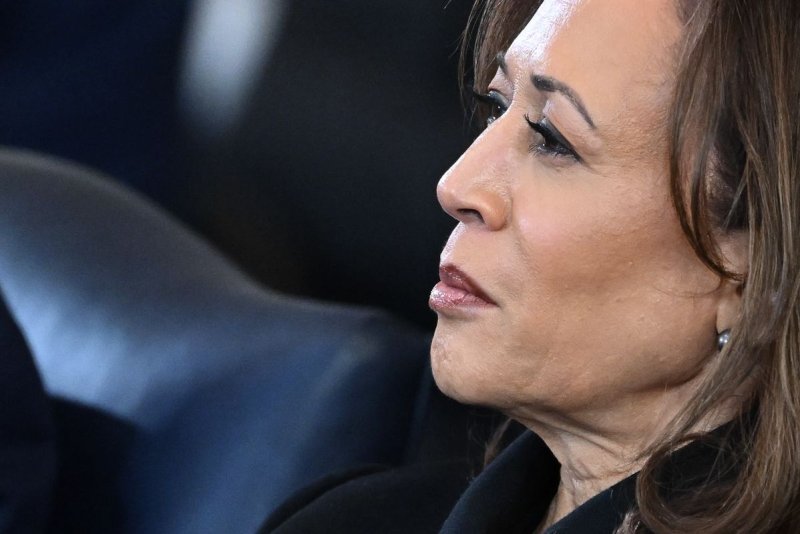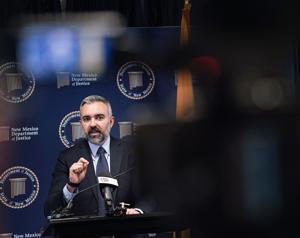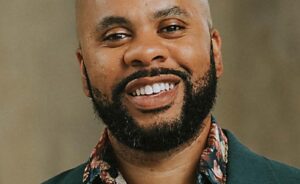
Kamala Harris, the former Vice President of the United States, has indicated she may seek the presidency again in the 2028 election. In an interview set to air on Sunday with the BBC’s Laura Kuenssberg, Harris expressed optimism about the future of female leadership in the White House, stating her grandnieces might “possibly” see her as a candidate. “I am not done,” she affirmed, emphasizing her commitment to public service.
Although Harris, who celebrated her 61st birthday on October 20, has not made a definitive decision regarding her candidacy, her remarks suggest a willingness to consider another campaign. This comes more than three years ahead of the election, following a challenging political landscape where she lost to Donald Trump in the 2024 election. This defeat occurred after President Joe Biden withdrew from the race on July 21, 2024, just weeks before the Democratic National Convention.
In the interview, Harris dismissed recent polling that places her behind California Governor Gavin Newsom in the race for the Democratic nomination. “If I listened to polls, I would not have run for my first office, or my second office – and I certainly wouldn’t be sitting here,” she remarked, referencing her extensive political career, including her tenure as California’s senator and attorney general.
Harris took the opportunity to criticize Trump, labeling him a “tyrant” and reaffirming her warnings from the campaign trail about his governance. She pointed to his “weaponization” of the Department of Justice and federal agencies against political opponents, stating, “His skin is so thin he couldn’t endure criticism from a joke.” In her view, many business leaders have capitulated to Trump’s demands out of a desire to be close to power, potentially seeking favorable outcomes for mergers or investigations.
The interview also sheds light on Harris’s recent endeavors, including her book, 107 Days, released on September 23, 2023, which reflects on her brief campaign experience. She underscored the importance of standing firm against political pressures, urging others not to bend to authoritarian tendencies.
Harris previously announced in July that she would not run for California governor in the upcoming 2026 election, stating, “For now, my leadership – and public service – will not be in elected office.” This announcement has left her political future open-ended, with many speculating on her potential ambitions for the presidency in 2028.
As Harris navigates her political options, the response from the White House has been pointed. Spokeswoman Abigail Jackson remarked, “When Kamala Harris lost the election in a landslide, she should’ve taken the hint – the American people don’t care about her absurd lies.” This statement underscores the contentious atmosphere surrounding Harris’s potential candidacy and highlights the ongoing political divide in the United States.
As the 2028 election approaches, Harris’s commentary and decisions will undoubtedly attract significant attention, shaping the discourse around female leadership and the Democratic Party’s direction in the years to come.







